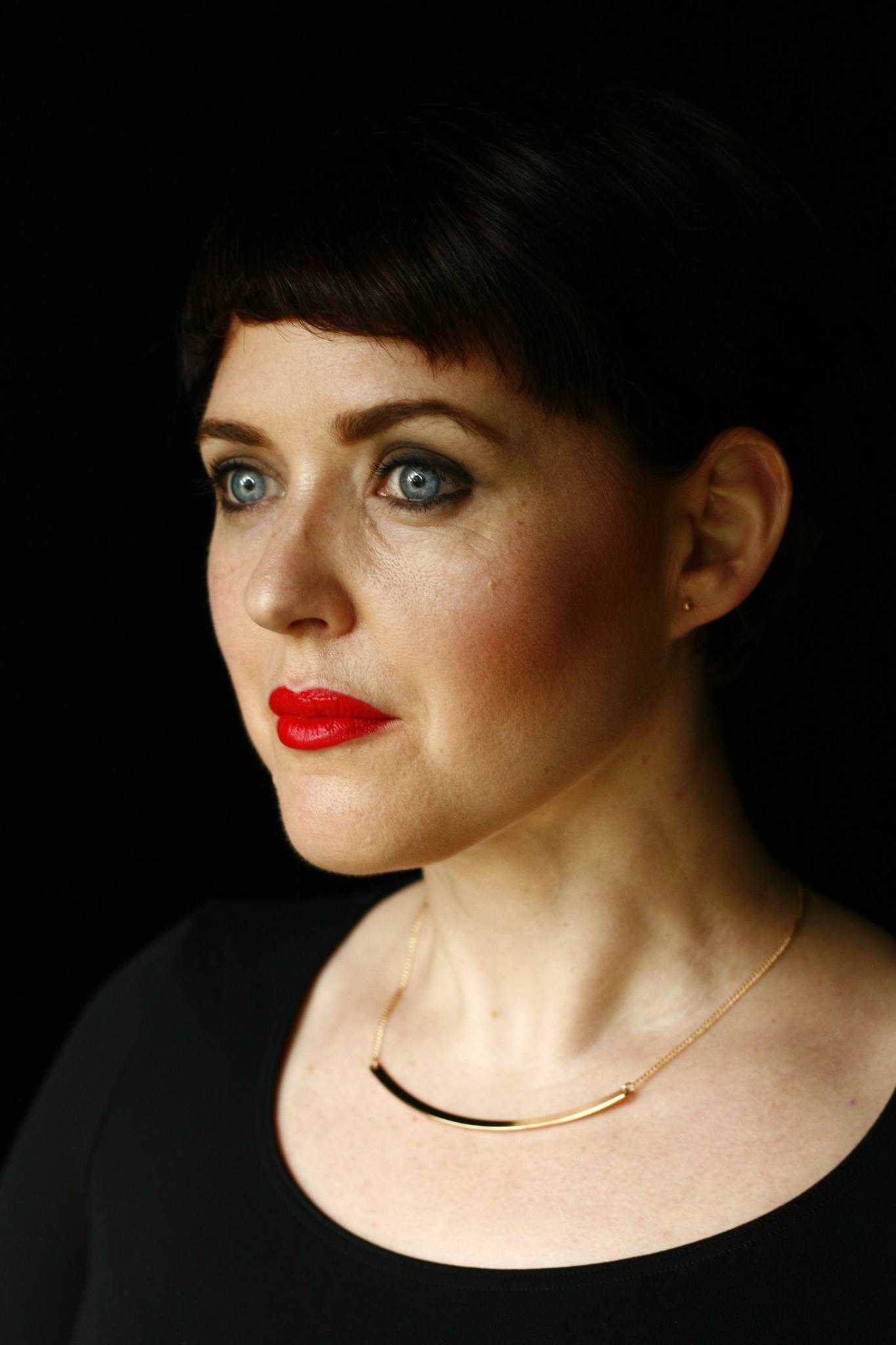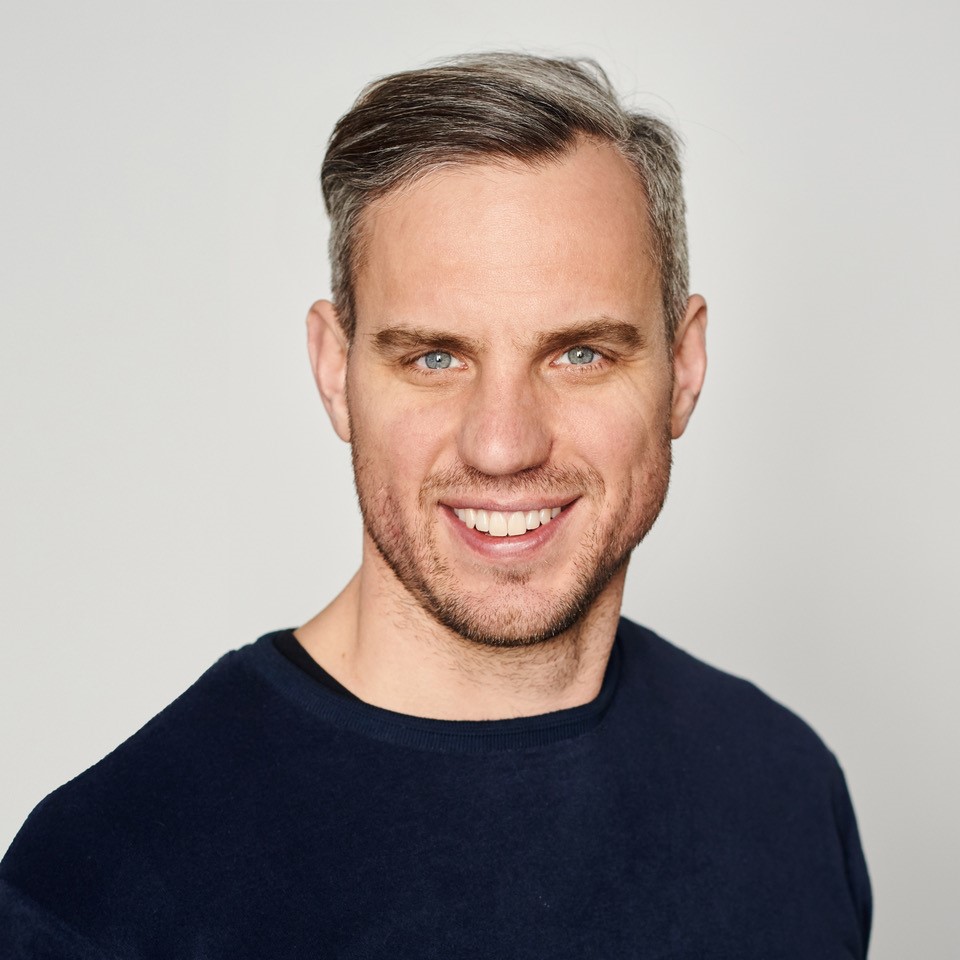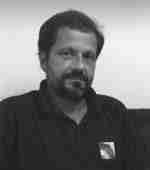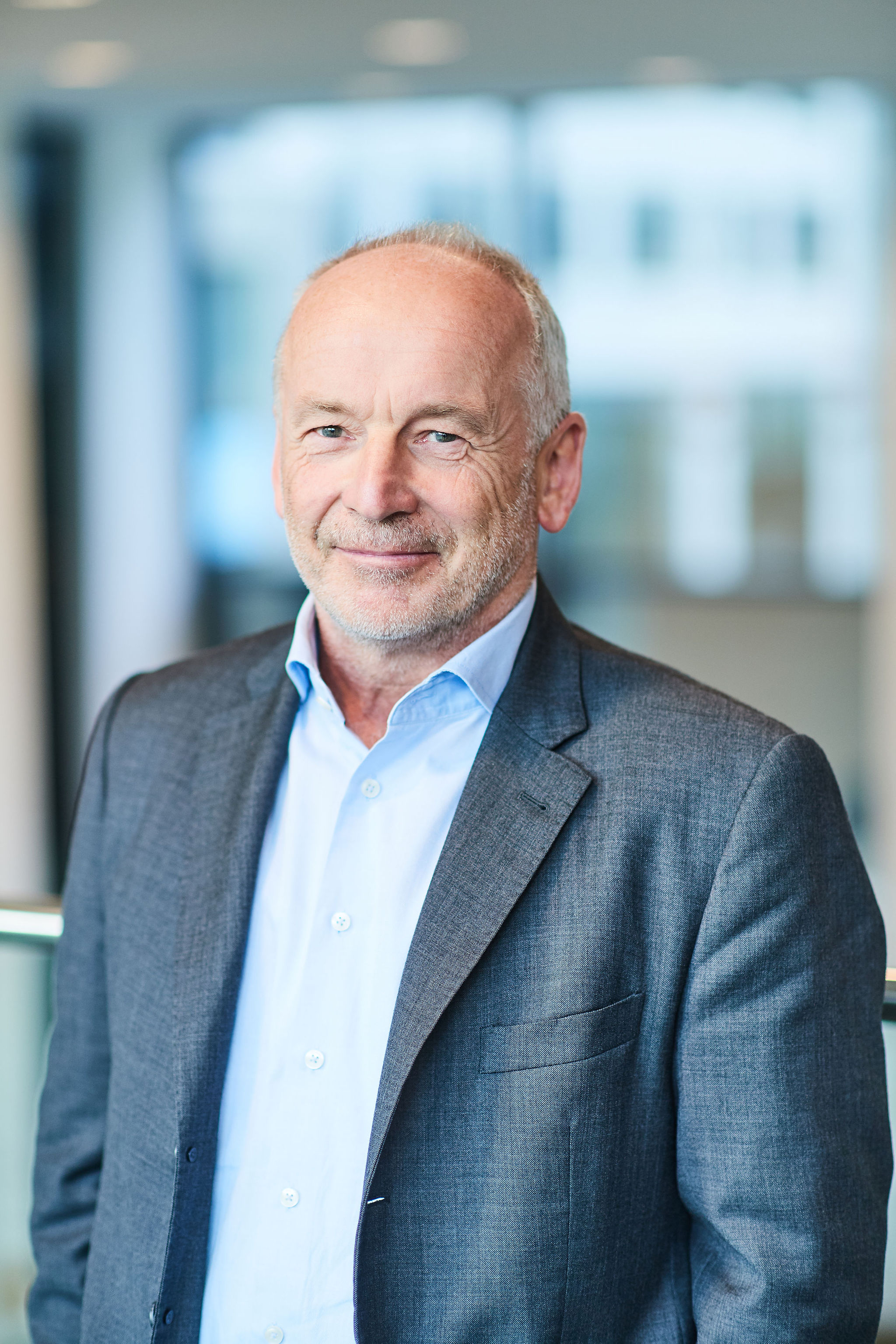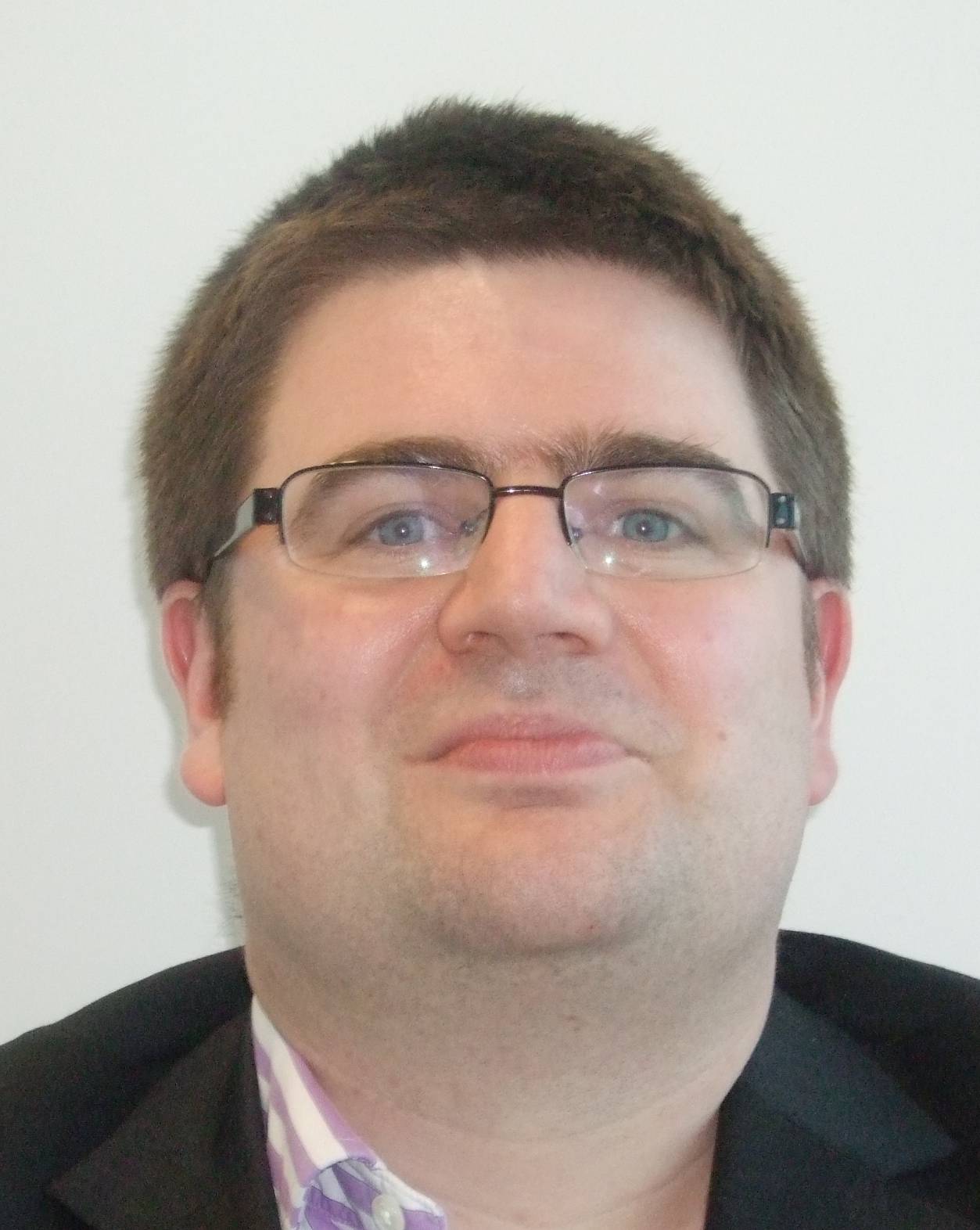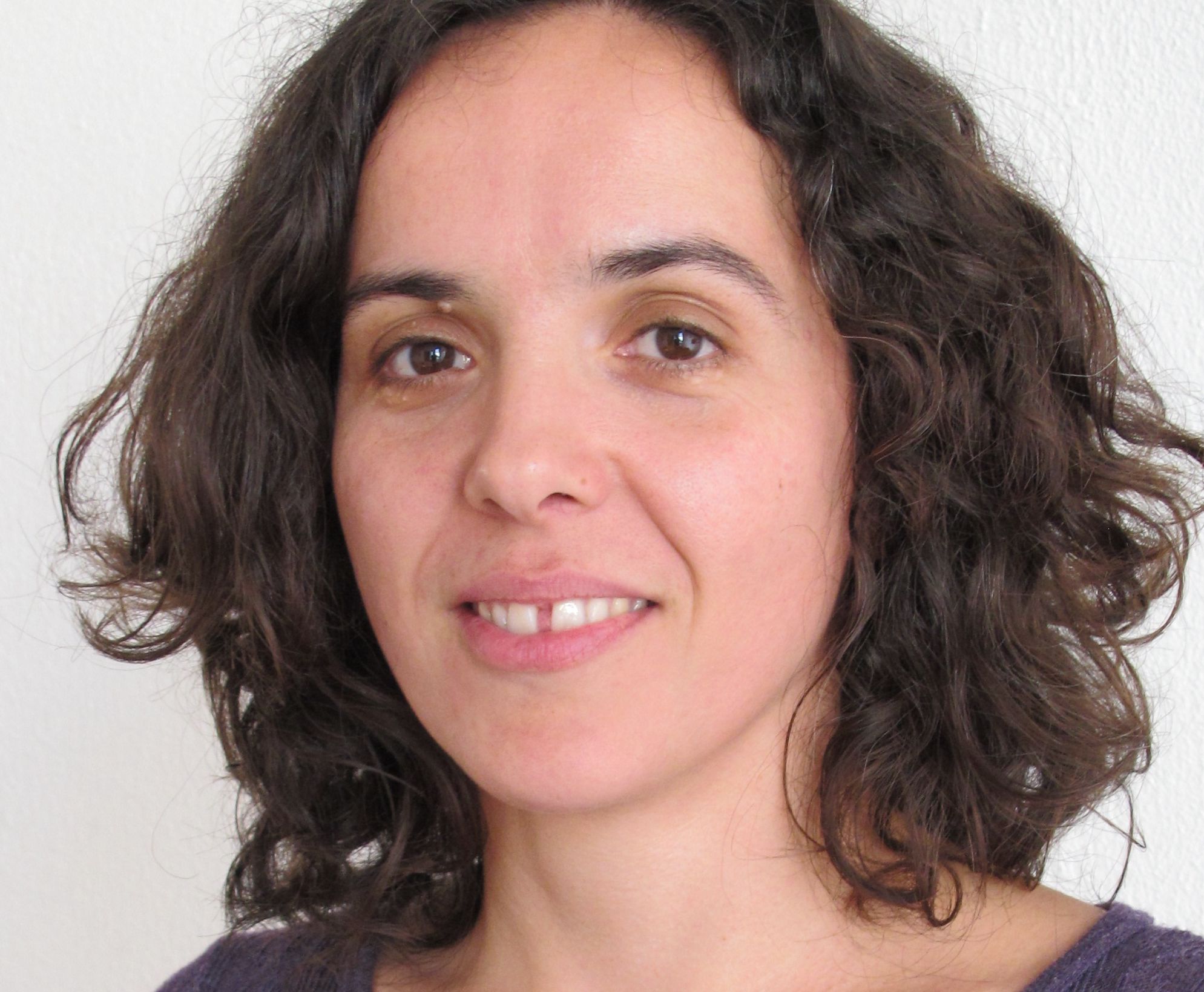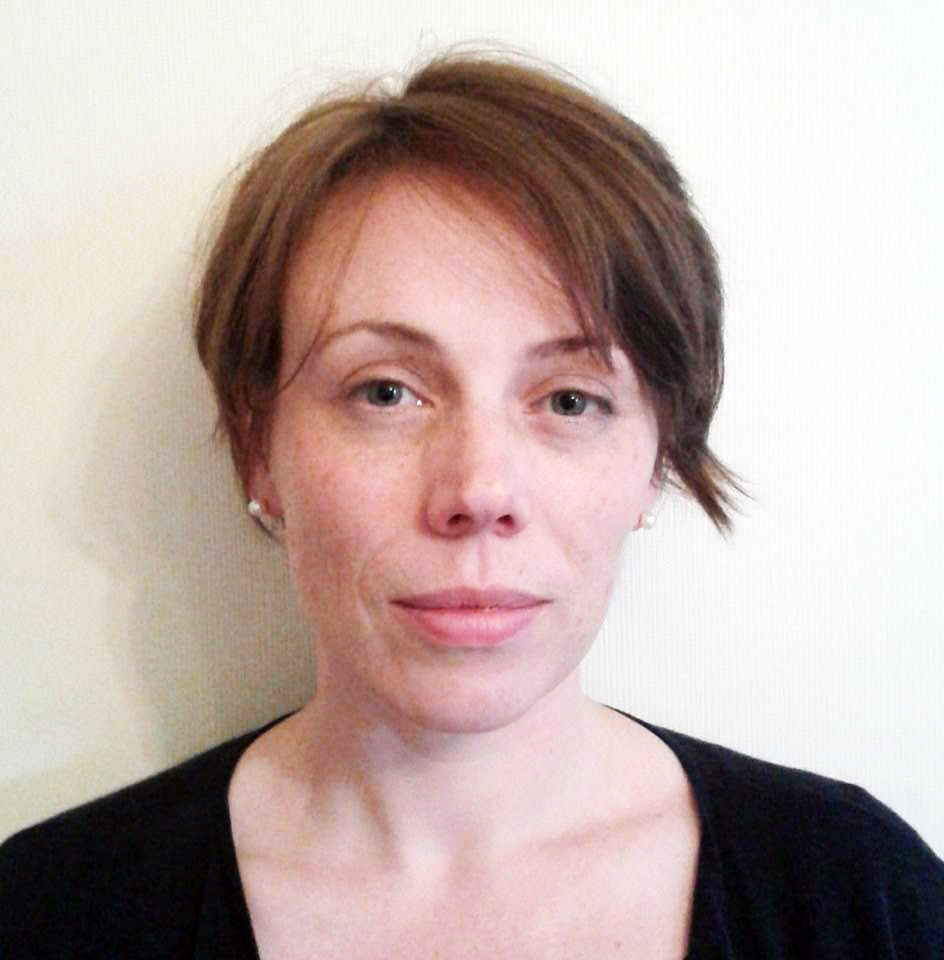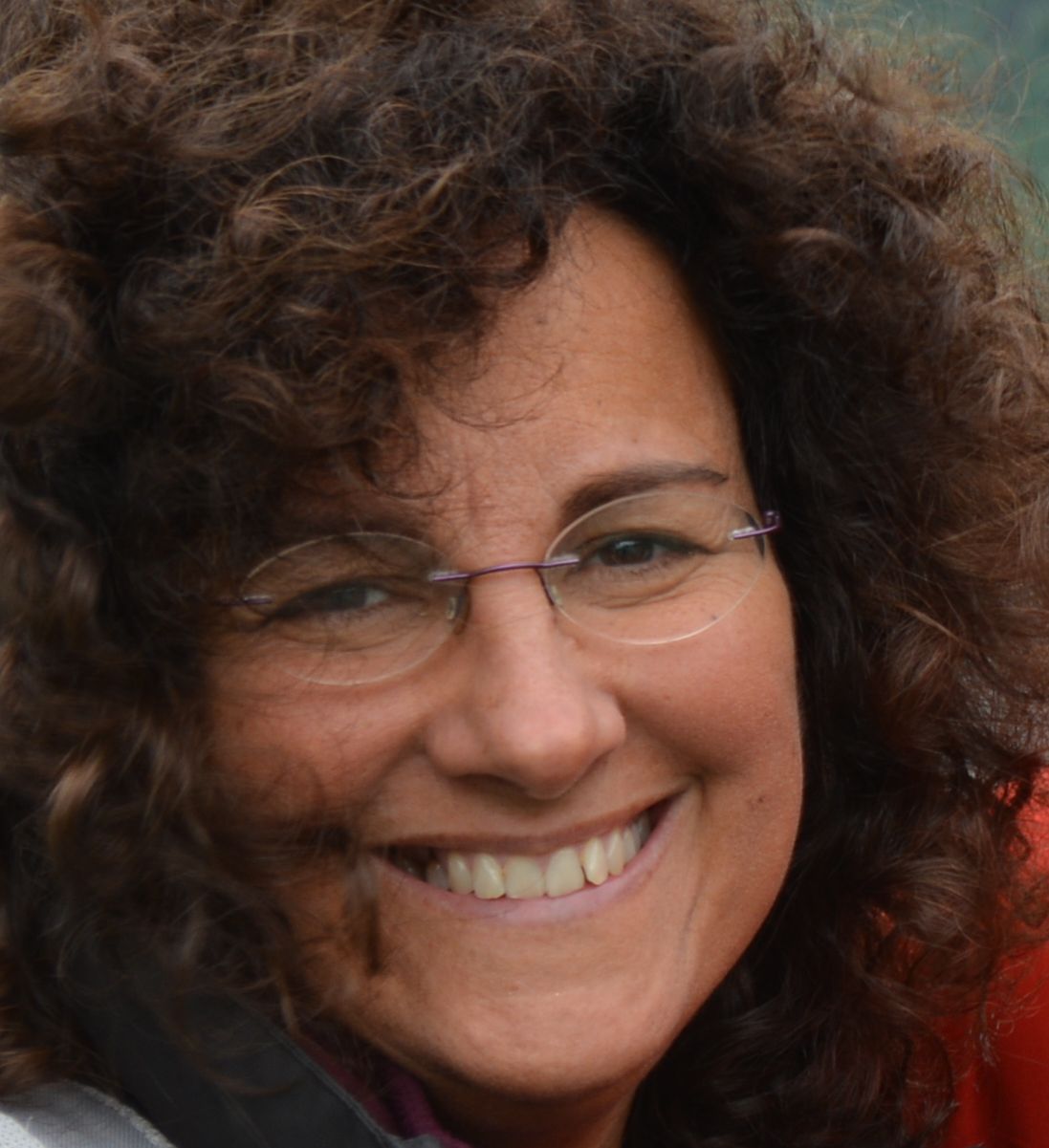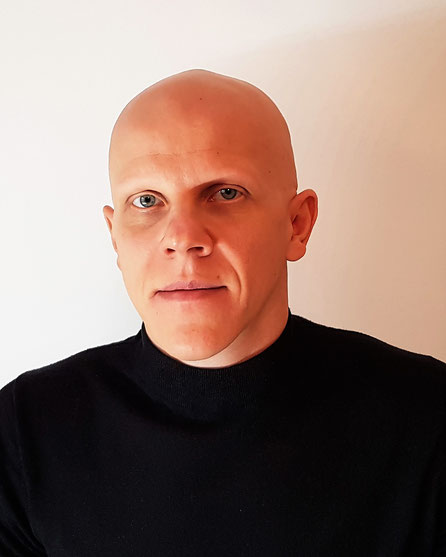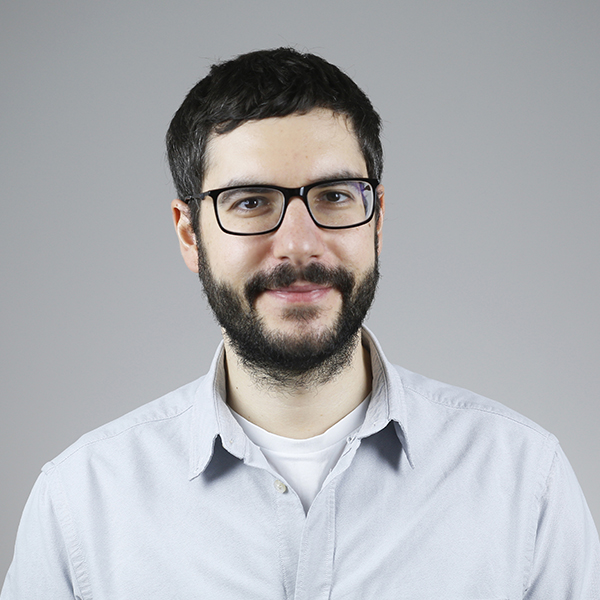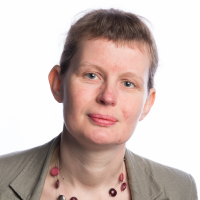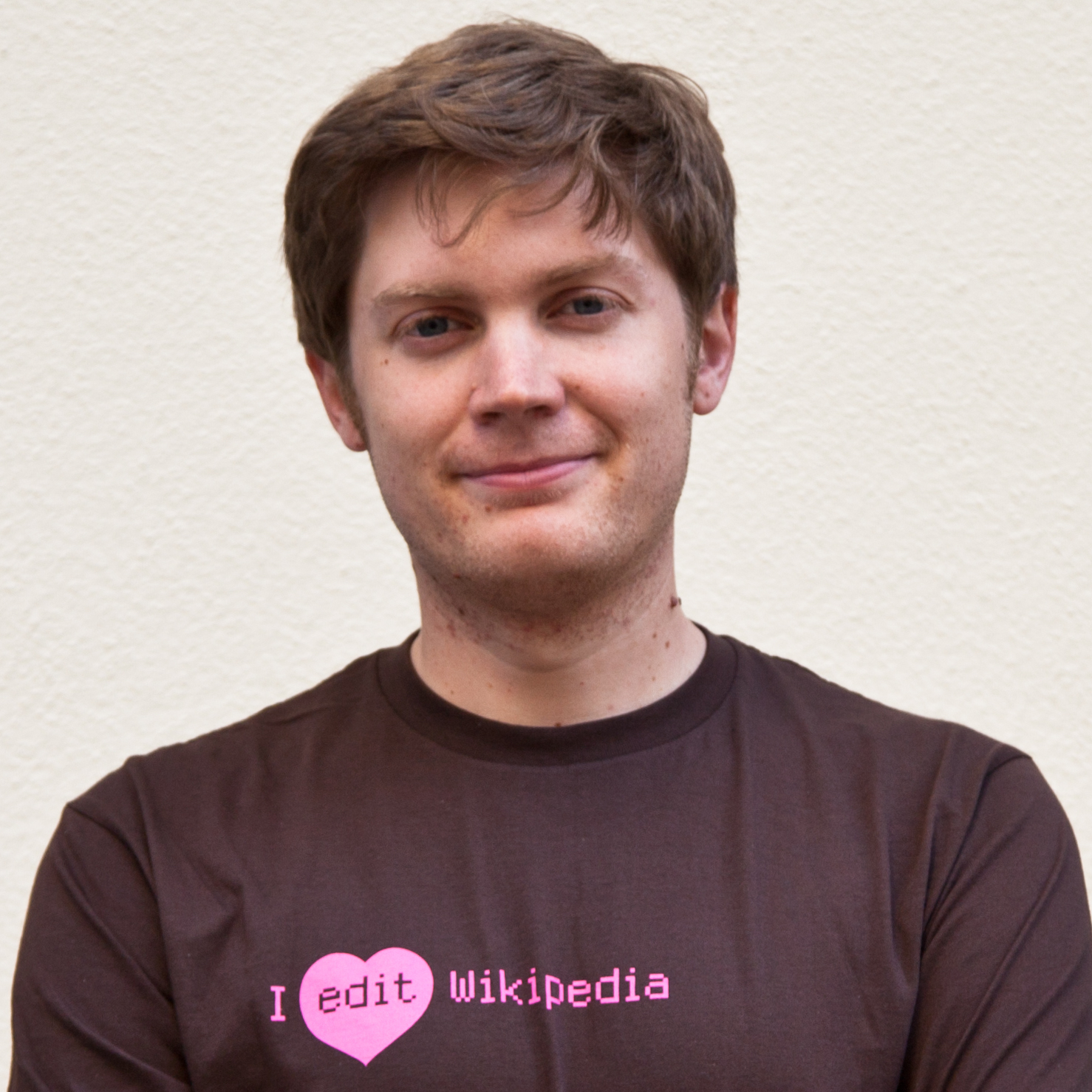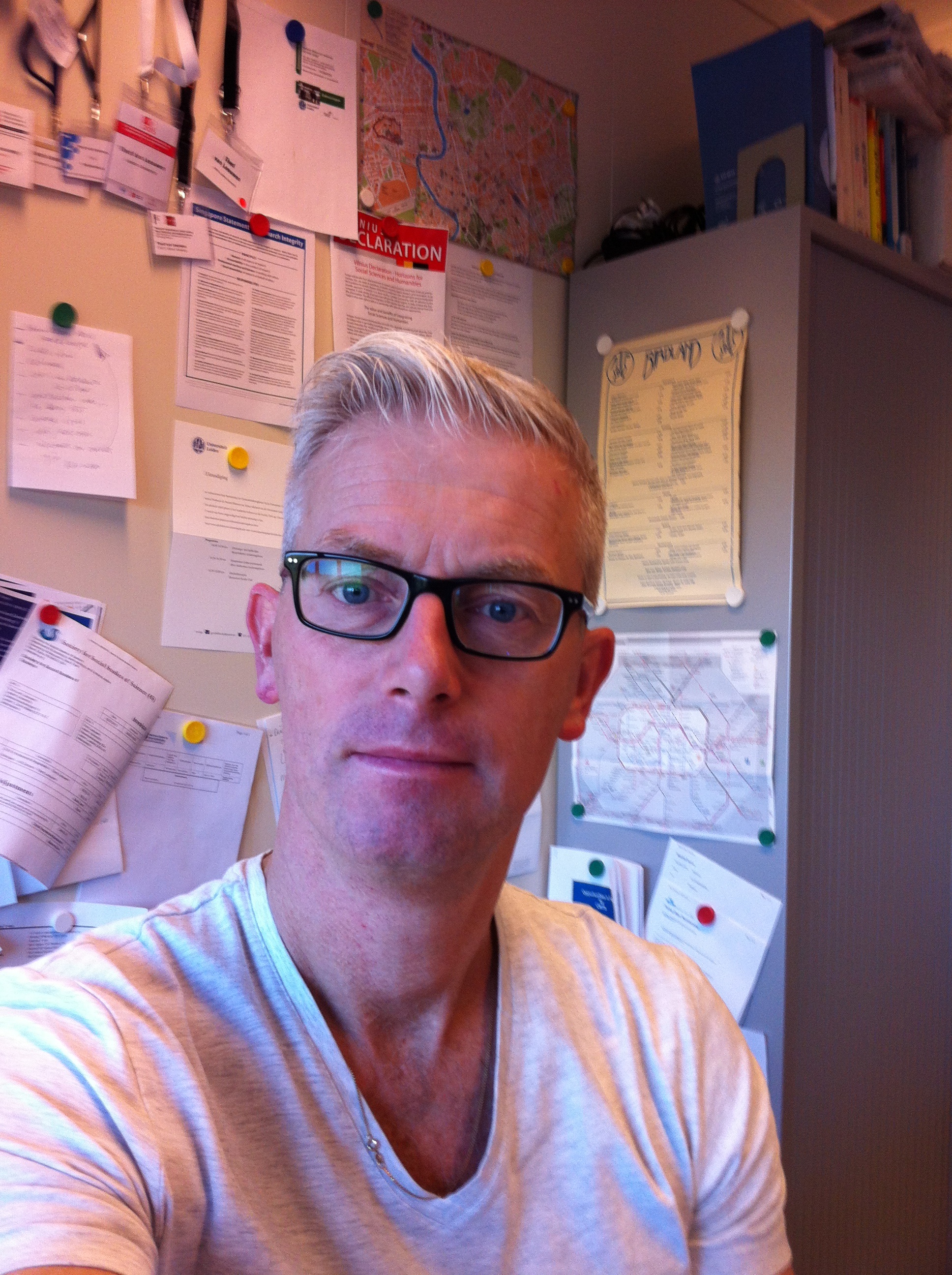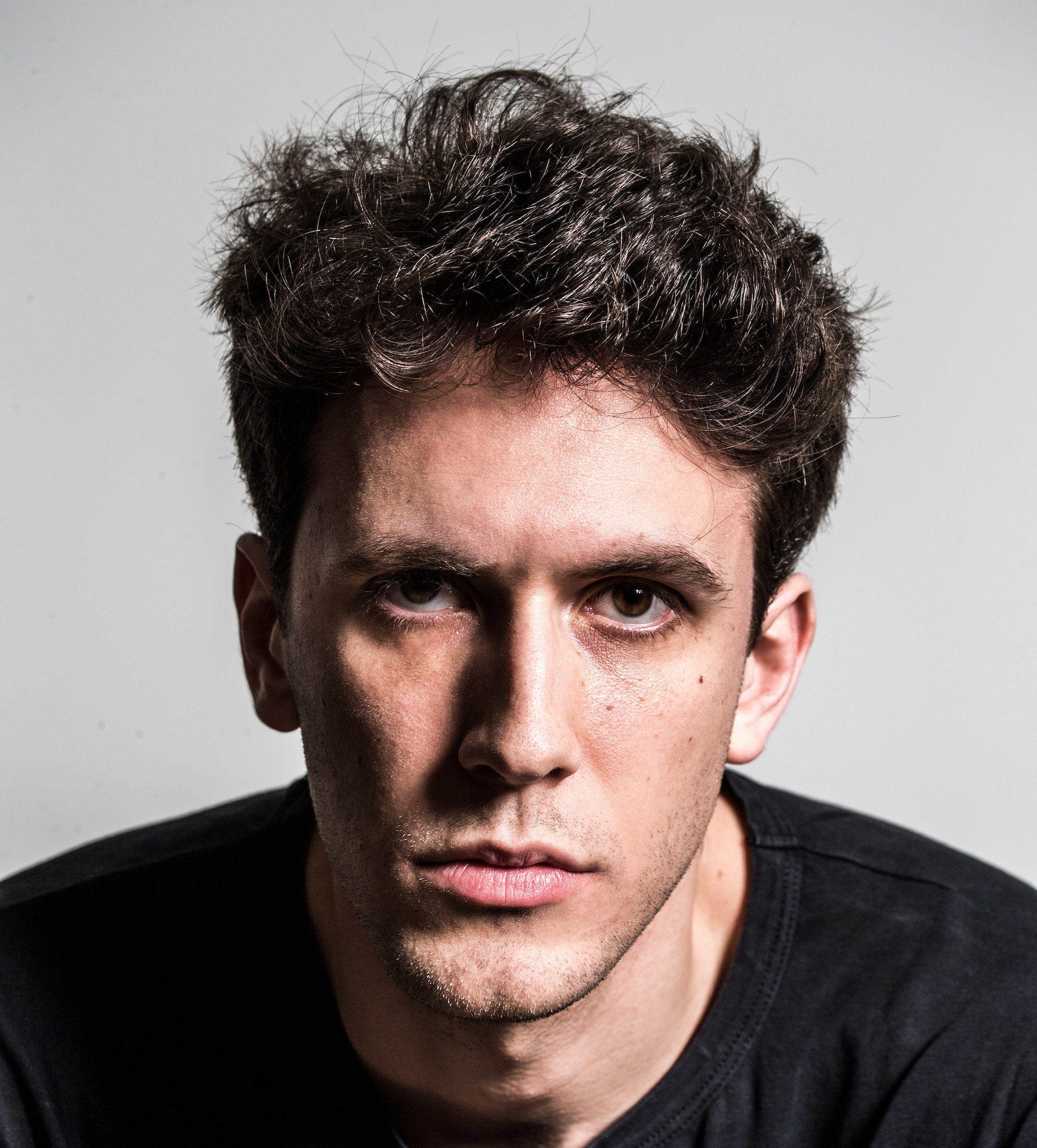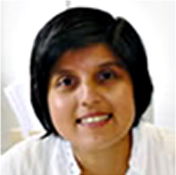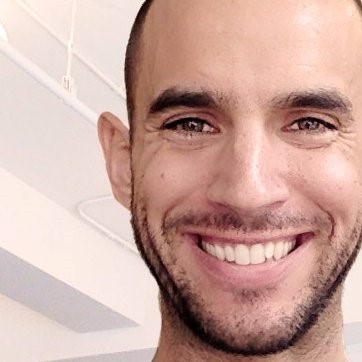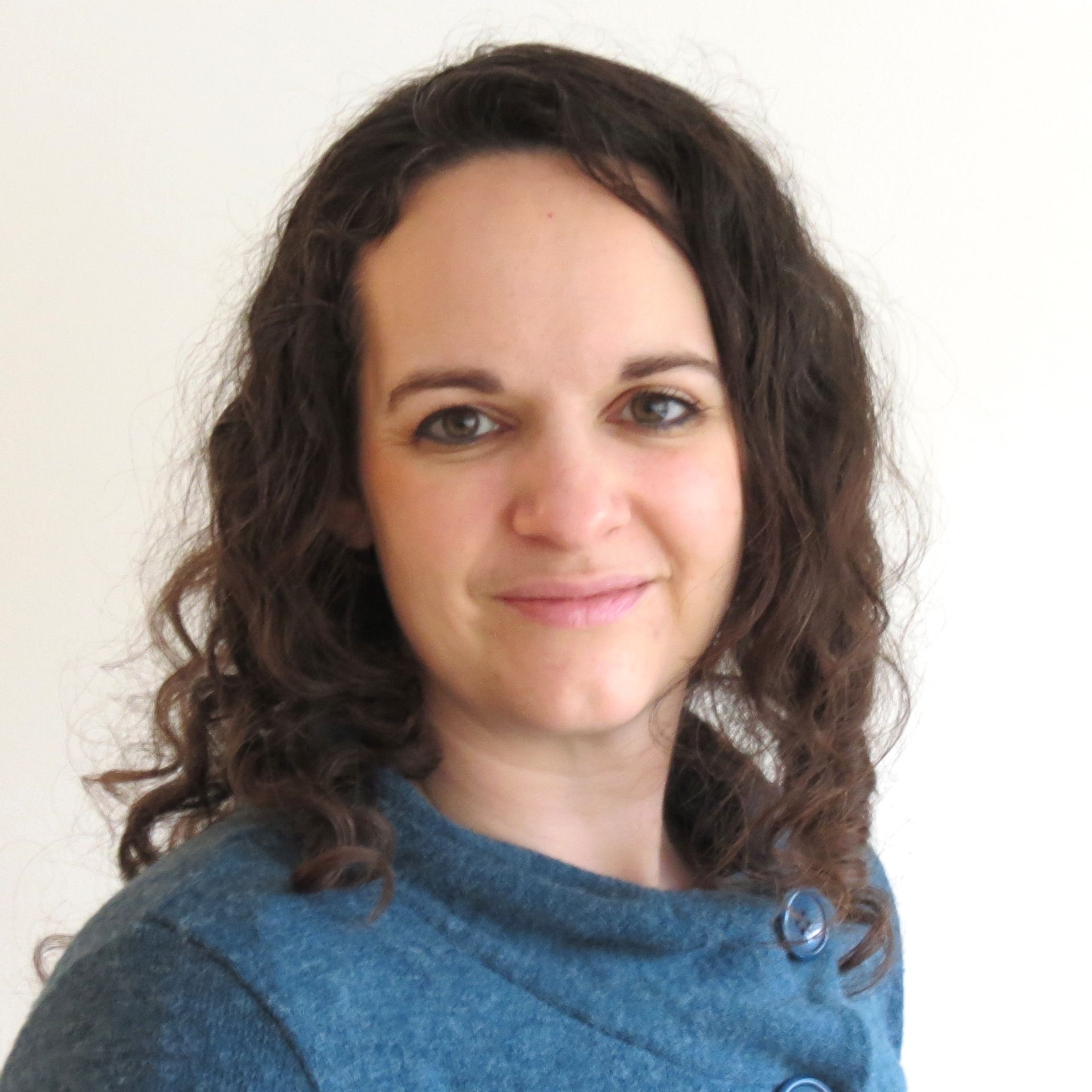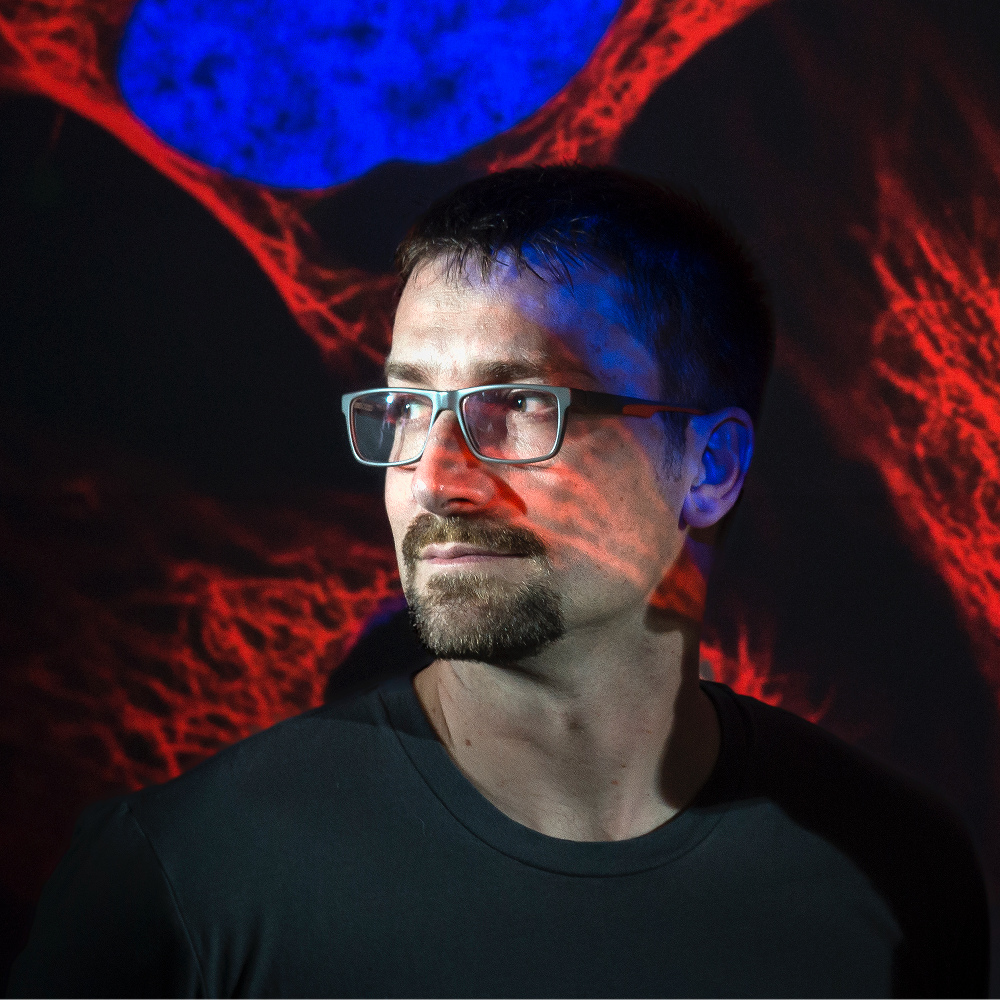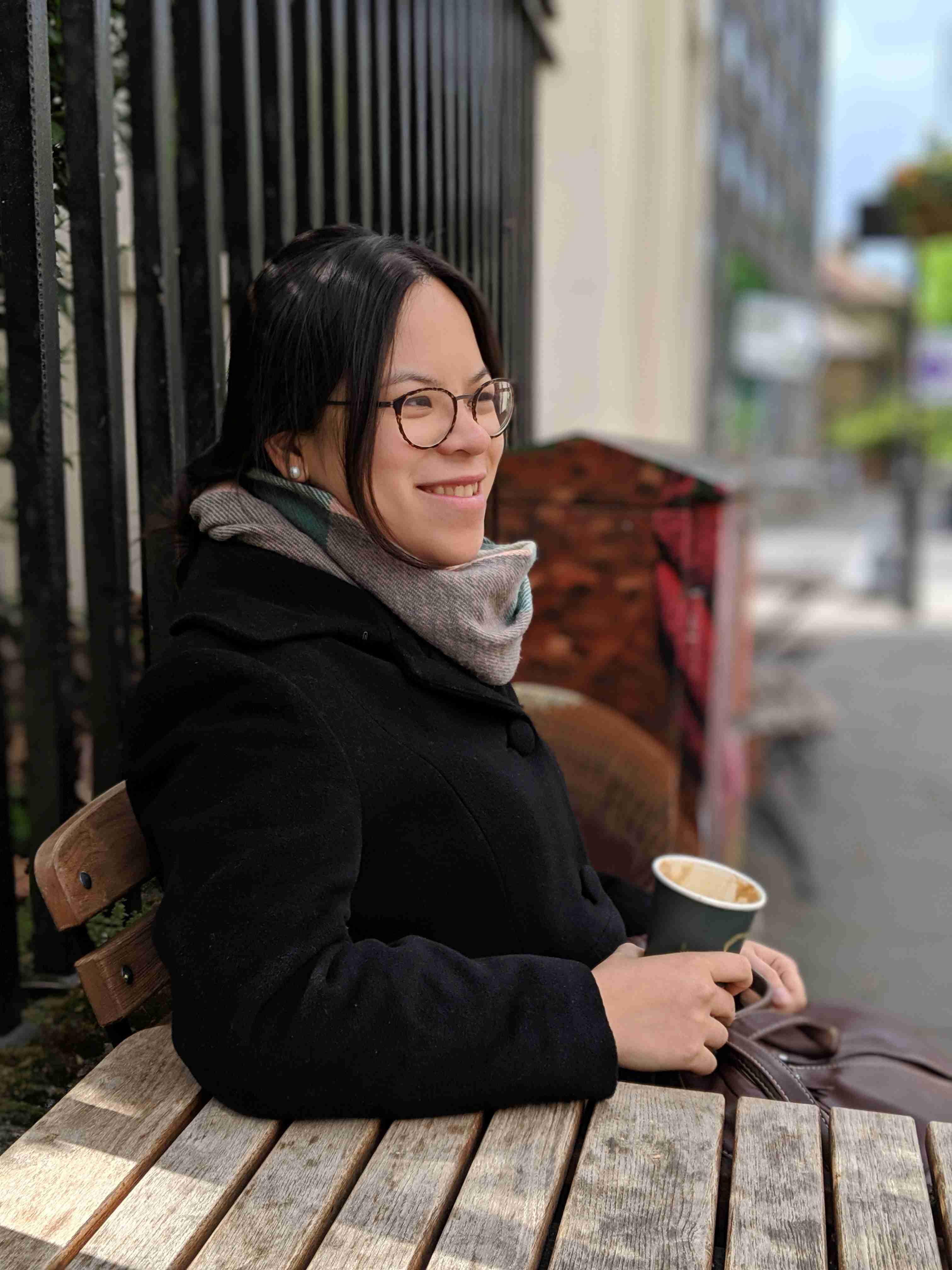|
For the last 15 years, Linda Andersson has worked on different aspects of text mining. In 2009, Linda finalized her Master Thesis, “A Vector Space Analysis of Swedish Patent Claims, Does Decompounding Help?” which was based on a collaboration with the Swedish Patent and Registration Office. For her PhD Thesis, “The Essence of Patent Text Mining,” Linda continued working close with the text mining industry. Part of Linda’s work and research is developing realworld patent text mining applications using Natural Language Processing techniques. In 2017 Linda was awarded the most promising PhD research results prize by i²c Informatics Innovation Center, TU Wien. Linda has in her PhD research established a generic method for Natural Language Annotation Design for domain-specific text mining solutions for medicine, legal and technical text. In 2018 she launched the product idea ‘Artificial Researcher in Science’ which received the Commercial Viability Award from the Austrian Angel Investors Association. Linda is the founder of the Artificial Researcher-IT GmbH start-up. OAI11 talk: "Rethinking Scholarly Communication with AI: Keywords Are Not the Answer to Improve Your Search Result" |
|
|
|
|
|
Dr Paul Ayris has been Director of UCL Library Services since 1997. He is also the UCL Copyright Officer. Dr Ayris is the President of LIBER (Ligue des Bibliothèques Européennes de Recherche). He is a member of the LIBER and SPARC Europe Boards and co-chairs the LIBER Conference Programme Committee for their Annual General Conferences. He also co-chairs the OAI Organizing Committee for the Cern Workshops on Scholarly Communication. He is a member of the JISC's Electronic Information Resources Working Group, He was recently a member of the NSF-funded Blue Ribbon Task Force on economically-sustainable digital preservation. He has a Ph.D. in Ecclesiastical History and publishes on English Reformation Studies. OAI11 Workshop: "Seachange in Research: Collaboration next to Competition" |
|
|
|
|
|
Roberto Barbera is associate professor of Experimental Physics of Fundamental Interactions at the Department of Physics and Astronomy “Ettore Majorana” of the University of Catania, Italy. His research activity is in the field of ultra-relativistic heavy-ion collisions with the ALICE experiment at CERN and he has more than 20-year experience of coordination of research groups and management of regional, national and EU funded projects aiming at the creation of e-infrastructures for multi-disciplinary scientific research in various regions of the world. In his career, Roberto has matured a deep “on field” knowledge on (i) management and analysis of research data within federations of Linked Open Data, (ii) Grid and cloud based distributed computing, (iii) creation and management of digital repositories and, more in general, of platforms for Open Science and Open Education. OAI11 talk: "An Open Science commons to foster the Triangle of Knowledge" |
|
|
|
|
|
Florian Bettel is a senior scientist at the department of Cultural Studies at the University of Applied Arts Vienna. His work focuses on aspects of the history of technology, cultures of dwelling, sepulchral culture, as well as artistic and curatorial activities. Currently he is involved in the interdisciplinary research project “The Entanglement between Gesture, Media and Politics” (funded by Volkswagen Foundation, 2017–2019, gesture-media-politics.de) and, as project leader, is responsible for the Digital Humanities project “Portfolio/Showroom – Making Art Research Accessible” (funded by Austrian Federal Ministry of Education, Science and Research, 2017–2021, portfolio-showroom.ac.at). Former occupations include: 2012–2013 senior scientist at the focus area Science and Art, Univ. of Salzburg and Univ. Mozarteum Salzburg, 2010–2012 researcher in the project “Living Rooms: The Art of Mobilizing Belonging(s)” (Vienna Science and Technology Fund). OAI11 talk: "Portfolio/Showroom – Making Art Research Accessible" |
|
|
|
|
|
Stefano Bianco is an experimental physicist based at Laboratori Nazionali di Frascati of INFN. Past experience at Fermilab (US) and Dafne (Frascati) with activity in heavy flavour physics, detector development, installation and operation. Since 2005 leading the Frascati group in CMS experiment at CERN with responsibilities in development construction and installation of novel Muon detectors. Active in Open Access publishing since 2000. Head (2000-2005) of Frascati lab Scientific Information Service, including library and negotiations of subscriptions contracts. National responsible of SCOAP3 since 2007. Contact point for INFN in OA2020. Referent for INFN with CRUI-CARE (the Conference of Italian Rectors) for subscription contracts. Member of INFN working group on Open Access. Member of working group on LODES project proposed to GSF OECD for interoperability of linked open data for open science. Member of cOAlition S Expert Group as INFN representative. OAI11 talk: "Plan S in Italy" |
|
|
|
|
|
Dr. Luiz Bonino is the International Technology Coordinator of the GO FAIR International Support and Coordination Office, and Associate Professor of the BioSemantics group at the Leiden University Medical Centre in Leiden, the Netherlands. His background is in ontology-driven conceptual modelling, semantic interoperability, service-oriented computing, requirements engineering and context-aware computing. In the last 5 years Luiz has been involved in a number of activities to realise the FAIR principles, including the development of a number of technologies and tools to support making, publishing, indexing, searching and annotating FAIR (meta)data. OAI11 talk: "Making FAIR Easy" |
|
|
|
|
|
Jean-Claude Burgelman is Head of Unit Open Science at DG RTD. He joined the European Commission in 1999 as a Visiting Scientist in the Joint Research Centre (the Institute of Prospective Technological Studies - IPTS), where he became Head of the Information Society Unit in 2005. In January 2008, he moved to the Bureau of European Policy Advisers (attached to the president of the EC) as adviser for innovation policy. Since 1-10-2008, he joined DG RTD, as advisor and then Head of Unit in charge of top level advisory boards like the European Research and Innovation Area Board, the Innovation for Growth Group and the European Forum for Forward Looking Activities. Till 2000 he was full professor of communication technology policy at the Free University of Brussels, as well as director of the Centre for Studies on Media, Information and Telecommunication and was involved in science and technology assessment. He has been visiting professor at the University of Antwerp, the European College of Brughes and the University of South Africa and sits on several academic journals. He chaired the World Economic Forum’s Global Agenda Council on Innovation and was a member of its Science Advisory Committee. OAI11 keynote: "OS: what has been done so far in EU policy and what is left" |
|
|
|
|
|
David Carr is part of the Open Research team at the Wellcome Trust, which is leading on work to maximise the availability and use of research outputs (including data, publications, software and materials), in ways that will enrich the research enterprise and accelerate the delivery of health benefits. Prior to this, David was a Policy Adviser at Wellcome where he led on work to develop and communicate Wellcome’s policy in several areas, including research data sharing, open access publishing, biosecurity and genetics. Through his work, he has played a key role in shaping Wellcome’s policies as a funder and in driving forward work in partnership with others to support and champion open research. OAI11 talk: "Incentivising open research and implementing DORA - a funder perspective" |
|
|
|
|
|
Maria Cruz is the Community Manager Research Data Management at the Library of the Vrije Universiteit Amsterdam in the Netherlands. Previously, she worked at the Library of the Delft University of Technology and 4TU.Centre for Research Data. She has a PhD and research background in astronomy and astrophysics and close to 10 years of experience in scholarly publishing and communication. She served as astronomy and space science editor at Science magazine for over five years. Currently, she is interested in building RDM communities, on FAIR data, software sustainability, and research assessment, rewards and incentives in the transition to Open Science. OAI11 Talk: "Bringing researchers along on the road to FAIR data" |
|
|
|
|
|
Stephen Curry is a Professor of Structural Biology at Imperial College London where he also serves as the Assistant Provost for Equality, Diversity and Inclusion. For many years he has been a writer and campaigner on a range of scientific issues including open access, research assessment, research funding and science policy. He is currently chair of the San Francisco Declaration on Research Assessment (DORA). OAI11 Talk: "Open Science, research assessment and DORA: re-engineering the measures of success" |
|
|
|
|
|
Mary Donaldson is a Research Information Officer at the University of Glasgow, a research-intensive University in the west of Scotland. She specialises in Research Data Management, working with researchers to establish and develop good data management practices and with other University services to coordinate and streamline processes whenever possible. Mary has developed a particular interest in the intersection between data management, ethics and data protection and is an enthusiastic advocate of open research practices. Mary has been involved with national and international projects to create and disseminate resources for data management support, and has authored several case studies on different aspects of open research. Prior to moving into research data management, Mary spent 16 years as a research scientist, working in the fields of molecular genetics and virology. She has a BSc from the Durham University, a PhD from the University of Cambridge and a PCAP from the University of Glasgow. OAI11 Workshop: "Retaining and sharing research notebooks" |
|
|
|
|
|
Dimity Flanagan is the Scholarly Communications Lead at the British Library. She is responsible for the development and implementation of open access policies, ensuring that OA developments are incorporated into the library’s strategy and services. Before coming to the BL, Dimity worked in university libraries both in the United Kingdom and Australia. OAI11 Talk: "Not just a British library: enabling a global discovery experience" |
|
|
|
|
|
Elena Giglia, PhD, is Head of the Open Access Office at the University of Turin. She is a member of the “Open Access working group” at CRUI - Conference of Italian Universities Rectors, of AISA, Italian Association for Open Science, and of IOSSG, Italian Open Science Support Group. She attends national and international conferences, and writes and lectures on Open Access and Open Science. She takes part as expert in several EU Workshops on Open Access and Open Science, and has been part of the European Open Science networking for many years. She coordinates the CO-OPERAS Implementation Network in GO FAIR and represents Italy in the OPERAS consortium. She serves in the Scientific Committee of Open Edition Italia and in the Scientific Committee of the international OAI-CERN workshop on Innovation in Scholarly Communication. Since 2017 she is one of the two Italian NOADs for the OpenAIRE H2020 project. In March 2019 she was appointed as a member of the Commission “National Plan Open Science” at the Ministry for Higher Education and Research (MIUR). Her family: a husband, three kids, and a lovely Golden Retriever. She also loves taking pictures; please feel free to reuse her photos from https://www.flickr.com/photos/eg65/albums OAI11 Workshop: "Discovery and FAIR writing: new tools, no walls" |
|
|
|
|
|
Tiberius Ignat is the Director of Scientific Knowledge Services, a company which specialises in helping the European libraries to embrace new technologies and ways of working. He runs in partnership with UCL Press and LIBER Europe a successful series of workshops - Focus On Open Science, now in its fourth year. He is a long-time member of LIBER, member of European Citizen Science Association and Citizen Science Association (US). Tiberius Ignat has a personal interest in Open Science, particularly Citizen Science and the management of this cultural change. OAI11 Workshop: "Seachange in Research: Collaboration next to Competition" |
|
|
|
|
|
Dasapta Erwin Irawan is a researcher in hydrogeology, working at the Institut Teknologi Bandung, Indonesia. His work mostly covers hydrochemistry, multivariable statistics, and how they can describe the hydrogeological system of volcanic aquifers. He is very keen to use and introduce open source tools in his work, e.g., R and Python. He also serves as an open science advocate, by initiating the INARxiv preprint server and spreads the fun side of science as an ORCID, Figshare, and AsapBio ambassador. He tweets as @dasaptaerwin and blogs at dasaptaerwin.net OAI11 Talk: "Against all odds: we only see numbers" |
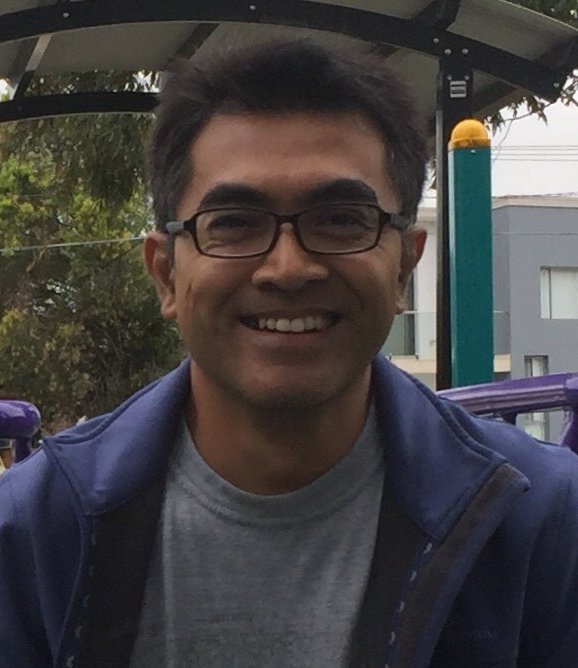 |
|
|
|
|
Dr. Petr Knoth leads the KMI’s Big Scientific Data and Text Analytics group (BSDTAG) and is also the founder and Head of CORE (core.ac.uk), a service that aggregates millions of open access articles from around the world and makes them available for people to search and machines to text-mine. He has a deep interest in the use of AI to improve research workflows. He has co-founded Semantometrics.org which aim to go beyond bibliometrics and altmetrics to produce new research evaluation methods that make use of the publication full-texts in research assessment. Petr has been involved as a researcher and as a PI in over 15 European Commission, national and international funded research projects in the areas of text-mining, scholarly data, open science and technology enhanced learning and has over 50 peer-reviewed publications based on this work. Previously, he worked as a Senior Data Scientist at Mendeley on information extraction and content recommendation for research. OAI11 Talk: "Better together: building services for public good on top of content from the global network of open repositories" |
 |
|
|
|
|
Peter Kraker is the founder and chairman of Open Knowledge Maps, a charitable non-profit dedicated to dramatically increasing the visibility of research findings for science and society alike. To this end, Open Knowledge Maps operates the world's largest visual search engine for scientific knowledge. In addition, Peter coordinates the GO FAIR Implementation Network on Discovery and is a core team member of the Open Science Network Austria (OANA). A long-time open science advocate, he is known for coining the term Open Methodology and for his leading role in creating The Vienna Principles – A Vision for Scholarly Communication in the 21st Century. OAI11 Workshop: "Discovery and FAIR writing: new tools, no walls" |
|
|
|
|
|
Bianca Kramer (@MsPhelps) is a librarian for life sciences and medicine at Utrecht Library, with a strong focus on scholarly communication and Open Science. Through her work on the project '101 innovations in scholarly communication' (including a worldwide survey of >20,000 researchers) she is investigating trends in innovations and tool usage across the research cycle, with special attention to open scholarly infrastructure. She regularly leads workshops on various aspects of scholarly communication (e.g. online search, altmetrics, peer review) for researchers, students and other stakeholders in scholarly communication, and has an active interest in data- and network visualization. She is a member of the steering committee of the Force11 Scholarly Commons Working Group, board member of FORCE11 and member of the EC Expert Group on the Future of Scholarly Communication and Scholarly Publishing. OAI11 Workshop: "Plan S implementation by institutions and libraries" |
|
|
|
|
|
Rachael Lammey has worked for Crossref since 2012. She joined as a Product Manager before moving to the Member & Community Outreach team in 2016. She heads up community outreach, working with Crossref’s international member base to increase knowledge and get feedback on Crossref services. This involves running events, webinars and an ambassador and sponsor program. She also gets involved in industry groups to work on areas concerning metadata, organisation identifiers and data citation. OAI11 Talk: "Can I help you with that? Using metadata for OA discovery" |
|
|
|
|
|
Stephen LaPorte serves as Legal Director for the Wikimedia Foundation. He works on trademarks, contracts, and a wide range of other legal issues. His main areas of interest are licensing, open science, and online platforms. He has spoken at several conferences including the Southern California Linux Expo (SCALE 16x) and Linux Foundation's Collaboration Summit, and is serving as the Future of the Open Web session co-chair at the Web Conference. He is a founder of CollabMark, a project to provide information about how open source and free culture communities can use trademarks. He has published with a co-author "Hacking trademark law for collaborative communities" in the Fordham Intellectual Property, Media, and Entertainment Law Journal. OAI11 Talk: "Free Licensing and the Public Domain at Wikimedia" |
|
|
|
|
|
Thed van Leeuwen is a senior researcher at the Centre for Science and Technology Studies at Leiden University. He is leading the research theme on Open Science, and member of the SES Research group, led by Sarah de Rijcke. Research topics Thed is involved in relate to the evaluation of research, and in particular in the social sciences, law and the humanities, as well in the ways research quality is perceived. The overarching science policy context under which research assessments are organized and the role of bibliometric indicators therein are of major concern for this research agenda. He is currently involved in the Open Science Monitor, which is a project focused on the uptake in Europe in a comparative sense of the various aspects of Open Science, funded by the EU, running for 2018-2019, and in R-Quest, an international collaborative study funded by the Norwegian Research Council, in which research quality is a central research topic. Thed is co-editor of the OUP journal Research Evaluation, as well as associate editor of the Frontiers journal Research Metrics & Analytics. OAI11 Talk: "How various perspectives on OA publishing determine policies" |
|
|
|
|
|
Lauren Maggio is Associate Professor, in the Department of Medicine at the Uniformed Services University of the Health Sciences in Bethesda, Maryland. She is also a member of the Bullied into Bad Science campaign. Using mixed methods, Lauren investigates the responsible conduct of research, knowledge translation models, and altmetrics. Drawing on her background in biomedical librarianship, Lauren is also interested in understanding the use and advocating for the public accessibility of health information for patients, the public, and their healthcare providers. Lauren completed her PhD in 2015 at Utrecht University in the Netherlands in conjunction with the University of California, San Francisco. She also holds a Master’s degree in Information Science from Simmons Graduate School of Library and Information Science and was the Director of Research and Instruction at Stanford University’s Lane Medical Library prior to her current position. OAI11 Workshop: "Bullied into Bad Science: Envisioning a fairer, more open and ethical research and publication environment" |
|
|
|
|
|
Paolo Manghi is a (PhD) Researcher in computer science at Istituto di Scienza e Tecnologie dell'Informazione (ISTI) of Consiglio Nazionale delle Ricerche (CNR), in Pisa, Italy. He is acting as technical manager and researcher for the EU-H2020 infrastructure projects OpenAIRE2020, SoBigData.eu, PARTHENOS, RDA Europe, and EAGLE. He is active member of a number of Data Citation and Data Publishing Working groups of the Research Data Alliance; invited member of the advisory boards of the Research Object initiative (Carole Goble, University of Manchester); and organisers of several international conferences and workshops in his areas of interest. His research is today on data e-infrastructures for science, scholarly communication infrastructures, and publishing/interlinking of data and experiments, with a focus on technologies supporting open science and digital scholarly communication, i.e. reusing, sharing, assessing all research products, be them articles, datasets or experiments. OAI11 Talk: "Bridging the World where Science is Performed and the World where Science is Published" |
|
|
|
|
|
Gabriele Marinello is co-founder and managing director of Qeios. With the inexhaustible help of the co-founders Alberto Bedogni and Giorgio Bedogni, he started dreaming of and taking actions on Qeios in 2016, during his final year of medical school (University of Padua). Since then, he is fully committed to change the way humanity produces and shares knowledge. OAI11 Workshop: "Discovery and FAIR writing: new tools, no walls" |
|
|
|
|
|
Michael Markie is the Publishing Director for F1000 Platforms. He is an open science, open data and open research advocate leading F1000’s effort to change the way science is communicated. He played a pivotal role in devising the open research publishing model and launching F1000Research in 2013, and now oversees the development of the publishing platform services F1000 provide for leading funders and institutions such Wellcome and Bill and Melinda Gates Foundation. Michael previously helped to develop and subsequently manage F1000Posters, an open-access repository of posters and slides in biology and medicine. Michael is an active member of the open science community and gives many talks/seminars/workshops on the subject at international conferences and research institutions. Michael previously studied Chemical Biology at the University of Leeds, where he worked on synthesising a range of potential anti-tumour compounds. OAI11 Talk: "Preprints - the pathway to publishing innovation?" |
 |
|
|
|
|
Professor Dinusha Mendis’s recent work considers the implication of intellectual property rights related to emerging technologies, such as 3D printing. She has been invited to speak on the topic at the European Parliament; EU Intellectual Property Office (EUIPO); academic institutions; and for industry clients such as Virgin, BAE Systems, Jaguar Land Rover, BBC, Guardian, and Chanel, amongst others. Professor Mendis has completed projects exploring the IP implications of 3D printing (commissioned by UKIPO) and focusing on 3D printing and scanning of ancient and modern jewellery (funded by AHRC). Ongoing is a project exploring the IP implications of industrial 3D printing (commissioned by the European Commission). She is co-editor of 3D Printing and Beyond: Intellectual Property and Regulation, published 2019. OAI11 Talk: "The Intellectual Property Implications of 3D Printing: Adapting to Innovation Whilst Adopting Innovative Regulation?" |
|
|
|
|
|
Dr Annalisa Montesanti is the Programme Manager managing the Health Research Careers portfolio at the Health Research Board (HRB). She is responsible for developing and managing a portfolio for health research careers in order to develop a coordinated approach to building capacity and support a highly skilled workforce in health research in Ireland. Annalisa is also deeply involved in promoting open science, FAIR data and research data stewardship through also international collaborations. Annalisa had many years of experience in scientific research in in Italy, England and Ireland. She has a BSc from Italy and a PhD in cancer biology Oxford. She was also awarded a fellowship from the Italian Association for Cancer Research while working in Italy and a Marie Curie Training and Mobility for Researchers fellowship while in Oxford. OAI11 Talk: "FAIR Data Management and Stewardship – A Funder Perspective" |
|
|
|
|
|
Pierre Mounier is deputy director of OpenEdition, a comprehensive infrastructure based in France for open scholarly communication in the humanities and social sciences. Pierre has published several books about the social and political impact of ICT (Les Maîtres du Réseau, les enjeux politiques d’Internet 2001), digital publishing (L’Edition électronique, with Marin Dacos, 2010) and digital humanities (Read/Write Book 2, Une introduction aux humanités numériques, 2012. Les Humanités numériques, une histoire critique, 2018). As deputy director of OpenEdition, Pierre Mounier’s work mainly revolves around the development of an internationalisation strategy for the infrastructure, in particular by establishing partnerships with platforms and institutions in Europe and elsewhere. To further this objective, he regularly participates in international conferences and seminars to present OpenEdition’s programmes and discuss subjects relating to digital humanities and open access. Pierre Mounier coordinates with Suzanne Dumouchel the development of OPERAS, a European infrastructure dedicated to open scholarly communication gathering 39 partners from 15 countries. OAI11 Talk: "Towards a European network to support open access monographs" |
|
|
|
|
|
Carlo Napoli is Senior Researcher at Enel Foundation. He holds a summa cum laude master’s degree in Electronic Engineering from the University of Pisa where he also worked as a contracted researcher and teaching assistant. He has joined Enel in 2004. Since then, he has held positions of increasing responsibility across different business and staff functions, including engineering, power distribution, thermoelectric generation and the staff of the Group CEO. He has been working in the innovation team since 2011, where he dedicated himself to a wide range of activities including European innovation financing (NER300), portfolio management, innovation culture and corporate entrepreneurship. One of the pioneers of the adoption of the Open Innovation model at Enel, he has launched the first Enel internal innovation crowdsourcing and the first corporate entrepreneurship initiative. He has been in charge of the Enel startup collaboration portfolio with the objective of generating innovative solutions for the company by leveraging on the worldwide network of the Enel Innovation Hubs. Moreover, he serves as Chief Innovation Evangelist for the Enel Group. Carlo is a 2018 Marshall Memorial Fellow and guest lecturer at the Economics and Innovation Management course at Tor Vergata University, Rome. OAI11 Talk: "Open Innovation@ENEL" |
|
|
|
|
|
Recognized by Managing IP as one of the world’s fifty most influential leaders in the field, Professor Ruth L. Okediji is one of the foremost authorities on international intellectual property law. She is an award-winning teacher, mentor, and scholar, and her scholarship examines issues of innovation policy, economic development, human rights, and global knowledge governance. She is widely cited for her research on the design and implementation of IP norms to promote access to knowledge and human development. She advises governments on issues on copyright law, and helps to shape global policy agendas at the intersection of copyright, Big Data, AI, and human welfare. Among many other notable contributions, Professor Okediji served as the lead technical negotiator at the Diplomatic Conference to Conclude a Treaty to Facilitate Access to Published Works by Visually Impaired Persons and Persons with Print Disabilities (Marrakesh VIP Treaty). She currently serves as President of the Order of the Coif and on the Board of Creative Commons. She is co-author of Copyright Law in a Global Information Economy, author of Copyright Law in an Age of Limitations and Exceptions, and has a book forthcoming on traditional knowledge and intellectual property. OAI11 Talk: "Copyright Sovereignty and Implications for New Limitations and Exceptions for Science" |
|
|
|
|
|
Brian O’Leary is executive director of the Book Industry Study Group, a U.S.-based trade association that works to create a more informed, effective, and efficient book industry supply chain. He oversees the work BISG does to disseminate information, create and implement standards and best practices, conduct research, and grow membership from companies working throughout the supply chain, and he served as a principal investigator on a Mellon Foundation-funded project to study OA ebook analytics. OAI11 Talk: "Exploring Open Access Ebook Usage: Toward a Common Framework" |
|
|
|
|
|
Dirk Pieper is the deputy director of Bielefeld University Library (Germany). He is responsible for projects and innovations especially in the fields of Open Access and Open Science. Current projects include BASE (base-search.net), OpenAPC (https://treemaps.intact-project.org/apcdata/openapc/) and the national open access contact point in Germany (oa2020-de.org). Dirk studied Political Sciences and Economics at Hamburg University. OAI11 Talk: "The future role of repositories for OA discovery" |
|
|
|
|
|
Peter Potter is Publishing Director in the University Libraries at Virginia Tech. He currently spends part of his time as Visiting Program Officer for the Association of Research Libraries in support of Toward an Open Access Monograph Ecosystem (TOME). His broad experience in scholarly publishing includes senior positions at university presses including Cornell University Press. OAI11 Talk: "From the Bottom Up: Can Open Monographs Gain a Foothold in North America?" |
|
|
|
|
|
As an Information Science PhD student at the University of North Carolina at Chapel Hill, Jason Priem led the creation of the field of altmetrics--coining the term, authoring the influential Altmetrics Manifesto, and leading the first altmetrics workshops. He left the doctoral program in 2013 to co-found Impactstory, a nonprofit that grew out of his dissertation work. Since then Impactstory has received funding from the US National Science Foundation and National Institutes of Health, the Alfred P. Sloan Foundation, and the Arcadia Fund, and continues to work building software tools that promote the growth of open science. Jason’s latest project with Impactstory is Unpaywall, an open database of 20 million free-to-read scholarly papers used by millions of researchers and lay readers worldwide. OAI11 Talk: "OA Discovery through Unpaywall" |
|
|
|
|
|
Dr Ros Pyne is Director, Open Access Books at Springer Nature. She started her career as a publishing editor at Palgrave Macmillan, and has since worked at Nature Publishing Group and Springer Nature in project management, policy and strategy roles with a focus on open access. She has been involved with OA books for more than five years and is passionate about bringing OA to long-form scholarship and to the humanities. Ros sits on the Universities UK OA Monographs group and is co-author of several reports on open access. OAI11 Presentation: "What do book authors think about open access? Findings from a global survey" |
|
|
|
|
|
Charlie Rapple is co-founder of Kudos, which helps researchers, funders, publishers and institutions to accelerate and broaden the reach and impact of research. With a background in scholarly publishing technology and marketing, she is passionate about helping academics communicate more effectively to build their visibility and reputation. She has a BA from the University of Bristol and postgraduate MDip from the Chartered Institute of Marketing, and holds a number of voluntary positions in the scholarly information community, including acting as a trustee of UKSG, serving on the editorial boards of Insights and Learned Publishing, and blogging in The Scholarly Kitchen. OAI11 Talk: "State of communication: how, why and where researchers are publicising their work before publication" |
|
|
|
|
|
Claire Rawlinson is a publisher at BMJ with 15 years' STM publishing experience. Prior to joining BMJ, Claire provided editorial strategic direction within senior roles for The Royal Society, The British Institute of Radiology, and Oxford University Press. She is an advocate of open science and the application of those principles to scholarly communication. She recently launched BMJ Open Science, an open access journal practicing open peer review, open data, and open methodologies, and she sits on publisher working groups for ORCID and the Open Science Framework. Claire is a co-founder of medRxiv, a preprint server for the health sciences. OAI11 Talk: "Preprints in Medicine - safeguarding the need for speed" |
|
|
|
|
|
Prof. Bernard Rentier is a Belgian virologist. He has worked at the NIMR, Mill Hill, London, UK. (1975) and as a post-doc at the NIH, Bethesda MD, USA (1976-81). He became professor at ULiège where he chaired the Microbiology Department before being elected Vice-Rector 1997-2005) then Rector (2005-2014). He developed in 2007 a strong and efficient Green OA mandate policy (https://orbi.uliege.be/?locale=en) now known widely as "the Liege Model of OA". After his retirement, he remained an outspoken advocate of OA, often expressing his views on scholarly communication and research assessment. He co-chaired the Working Group on Rewards under Open Science (European Commission , DGRI) and is chairing the EUA’s expert subgroup on research assessment. He is Vice-President of the Belgian Federal Science Policy Council since 2014 and he was elected at the Belgian Royal Academy in 2016. His 2019 open e-book on Open Science has been included in the European RRI Toolkit (https://www.rri-tools.eu/-/open-science-the-challenge-of-transparency). OAI11 Keynote: "Open Science will never prevail without a thorough revisiting of the way evaluations of researchers are conducted" |
|
|
|
|
|
Daniela Saderi has recently defended a Ph.D. thesis in neuroscience at Oregon Health & Science University. Before coming to the US, she obtained a Master’s degree in Neuroscience from the University of Trieste/SISSA and a Bachelor’s degree in molecular biology from the University of Milan. During her Ph.D., in addition to being a full-time student, she gained experience as a facilitator and community organizer, following a passion around all things open. This unique combination of experience and skills led Daniela to become a Mozilla Fellow for Science 2018–2019. The main focus of her fellowship is working on the growth and sustainability of a project she co-founded in September 2017 called PREreview. PREreview is a community and an open platform to facilitate the collaborative writing of preprint reviews and the training of early-career researchers in scientific peer review. This project is fiscally sponsored by the non-profit organization Code for Science and Society, and funded by the Alfred P. Sloan Foundation and the Wellcome Trust. Through this work, she hopes to help bring open practices into the world of academia as a means to improve reproducibility and collaboration. OAI11 Talk: "PREreview: changing the “who” and the “how” of scientific peer review" OAI11 Workshop : Bullied into Bad Science : Envisioning a fairer, more open and ethical research and publication environment |
|
|
|
|
|
The general public have been part of Huma Shah’s open, accessible experiments implementing Alan Turing’s imitation game to examine if male/female, adult and teenage human interrogators can determine hidden human from hidden machine through conversation. Staged in historic and iconic places – at Bletchley Park in 2012, the centre of UK’s WWII codebreaking, and at The Royal Society London in 2014, the Turing test experiments allowed citizen scientists to understand the contribution to computer science made by Alan Turing, and to learn about the birth of the science of Artificial Intelligence. Huma has a PhD from Reading University, UK and is currently a Senior Lecturer at Coventry University, UK. She is co-author of ‘Turing’s Imitation Game: Conversations with the Unknown’ published by Cambridge University Press in 2016. OAI11 Talk: "How to involve citizen scientists to develop more trustworthy and ethical AI?" |
|
|
|
|
|
Dr. Graham Stone is the senior research manager at Jisc Collections in the UK. He manages research activity for Jisc Collections in order to ensure the highest quality of service provision to libraries in the higher education sector. Previously he worked in the university sector for 22 years, most recently at the University of Huddersfield where he managed the library resources budget, open access services and the University of Huddersfield Press. Graham was awarded his professional doctorate in July 2017 for his research on New University Press publishing. Graham is a member of the Knowledge Exchange OA monographs working group and the UK OA monographs working group. OAI11 Talk: "Developing a roadmap for OA monographs in Europe: key outcomes from a Knowledge Exchange survey and workshop" |
|
|
|
|
|
Attila Szantner is the CEO and co-founder of Massively Multiplayer Online Science (aka MMOS): a Swiss company specialized in connecting citizen science and games. MMOS founders received the prestigious Lovie Award, the IGDA Serious Games SIG Community Leadership Award and the Innovation Award of the University of Geneva for their role in creating EVE Online's Project Discovery. Attila has a background in computer science and he co-founded and co-designed iWiW, which was the biggest social network in Hungary before Facebook, reaching almost 5 million users. OAI11 Talk: "Talking science through videogames" |
|
|
|
|
|
Emmy Tsang is the Innovation Community Manager at eLife, a non-profit organisation with the mission to accelerate research communication and discovery. She is responsible for the day-to-day running of the eLife Innovation Initiative, which supports the development of open-source tools, technologies and processes aimed at improving the discovery, sharing, consumption and evaluation of scientific research. Prior to joining eLife, Emmy completed a PhD in neuroscience at the European Molecular Biology Laboratory in Rome, Italy. She is passionate about fostering collaborations and developing technological solutions to make research more open, reproducible and user-friendly. OAI11 Talk: "Reproducible Computational Workflows with Continuous Analysis" |
|
|
|
|
|
Drs. Saskia C.J. de Vries became an academic publisher with Kluwer in the 1980s after a short period of teaching Dutch Language and Literature. In 1992, the Board of the University of Amsterdam asked her to start up Amsterdam University Press, and she was its first Director. In 2006 she was co-founder of Leiden University Press, which has functioned as part of the University of Leiden since 2009. From 2008 till 2011, Amsterdam University Press was coordinator of the EU project Open Access Publishing in European Networks - OAPEN. Thanks to this project, AUP grew into one of the most innovative university presses in the world giving high priority to Open Access publishing. OAI11 Workshop: "How to flip a journal to (fair) Open Access" |
|
Choose timezone
Your profile timezone:

